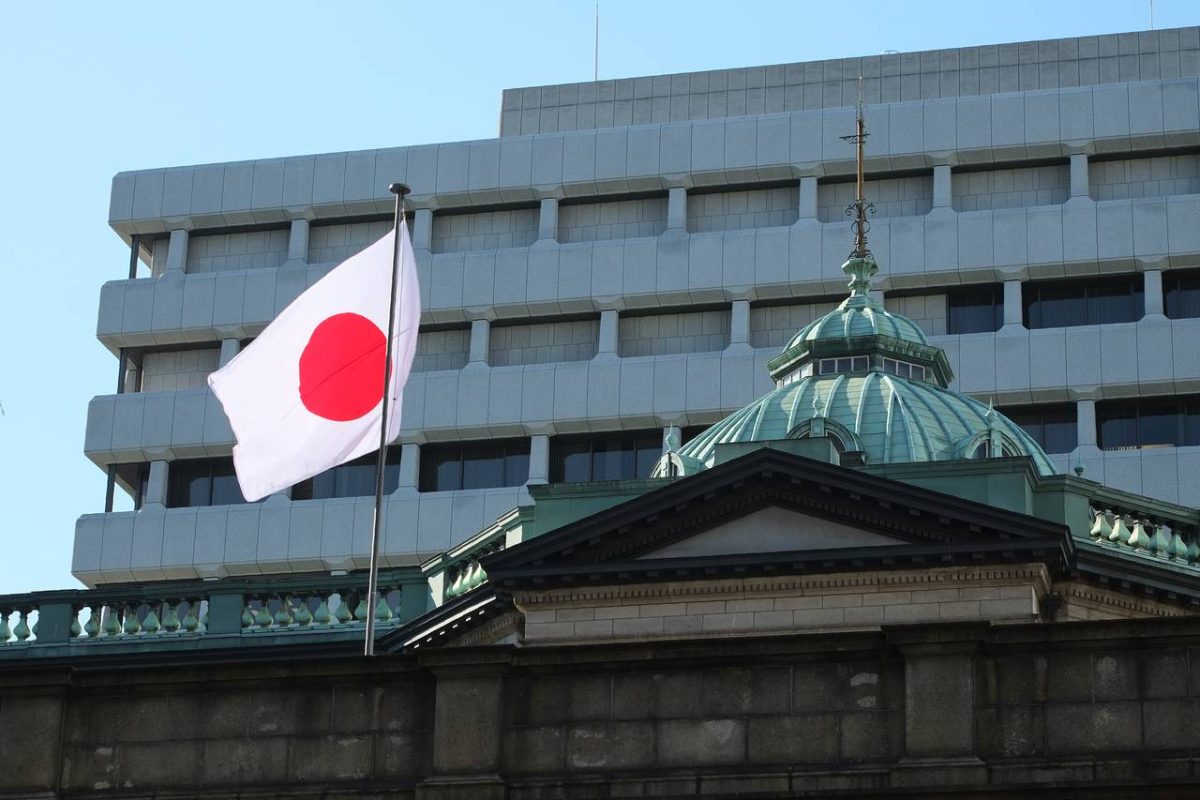Japan Poised to Cut Crypto Taxes and Redefine Digital Assets by 2025
01.10.2024 17:30 2 min. read Alexander Stefanov
Japan’s Financial Services Agency (FSA) is preparing to reevaluate its crypto regulations, aiming to create a more investor-friendly environment by 2025, according to a Bloomberg report from Sept. 25.
The FSA’s review, continuing through the winter, will assess if current regulations under the Payments Act are still suitable for the changing crypto landscape.
One potential outcome is the reclassification of digital assets under the Financial Instruments and Exchange Act, which could lead to stricter investment rules but may also lower the tax rate on crypto gains. Currently, crypto profits are taxed up to 55%, but a reclassification could reduce this to around 20%, matching taxation on stocks and other financial assets. The local crypto industry has long advocated for lower taxes, believing this would boost investment and growth.
The review might also pave the way for the approval of exchange-traded funds (ETFs) that include digital assets, further integrating cryptocurrencies into Japan’s financial markets. Japan has been focused on balancing innovation with investor protection, and this latest review aims to continue promoting the digital asset space while maintaining safeguards.
As Japan strengthens its digital asset sector, including blockchain and stablecoin developments, there are concerns about how leadership changes might impact crypto policies. Prime Minister Fumio Kishida has been supportive of Web3 and blockchain, but future leadership could shift the regulatory approach. Despite this, Japan’s crypto market has seen rising trading volumes in 2024, reaching almost $10 billion, fueled by a Bitcoin rally and increased interest in cryptocurrencies.
-
1
Europe Takes the Lead in Crypto as U.S. Stalls on Regulation
22.06.2025 22:00 2 min. read -
2
Japan Plans Major Crypto Reform with New Tax Rules and ETF Access
24.06.2025 20:00 2 min. read -
3
Gemini Launches Tokenized MicroStrategy Stock for EU Users
28.06.2025 9:30 2 min. read -
4
U.S. Crypto Investors Hit by IRS Letter Surge as Tax Crackdown Looms
29.06.2025 11:00 3 min. read -
5
Here is When the U.S. House Will Vote on Key Crypto Bills
04.07.2025 12:00 2 min. read
EU Grants MiCA Licenses to 53 Crypto Firms: Here Is the Full List
The European Union has granted a total of 53 licenses under its MiCA (Markets in Crypto-Assets) regulatory framework, marking a major step toward harmonized crypto oversight across the region.
Here is When the U.S. House Will Vote on Key Crypto Bills
Following the passage of President Donald Trump’s sweeping tax and spending bill, House Republicans are now setting the stage for a major push on cryptocurrency legislation.
SEC Chairman With Important Comments on Regulation, Crypto, and Trading
U.S. Securities and Exchange Commission (SEC) Chairman Paul Atkins has emphasized the agency’s continued focus on investor protection, addressing insider trading, market manipulation, and the evolving landscape of cryptocurrency regulation.
Arizona Governor Vetoes Bill, Related to State Crypto Reserve Fund: Here Is Why
Arizona Governor Katie Hobbs has officially vetoed House Bill 2324, a legislative proposal that aimed to create a state-managed reserve fund for holding seized cryptocurrency assets.
-
1
Europe Takes the Lead in Crypto as U.S. Stalls on Regulation
22.06.2025 22:00 2 min. read -
2
Japan Plans Major Crypto Reform with New Tax Rules and ETF Access
24.06.2025 20:00 2 min. read -
3
Gemini Launches Tokenized MicroStrategy Stock for EU Users
28.06.2025 9:30 2 min. read -
4
U.S. Crypto Investors Hit by IRS Letter Surge as Tax Crackdown Looms
29.06.2025 11:00 3 min. read -
5
Here is When the U.S. House Will Vote on Key Crypto Bills
04.07.2025 12:00 2 min. read


